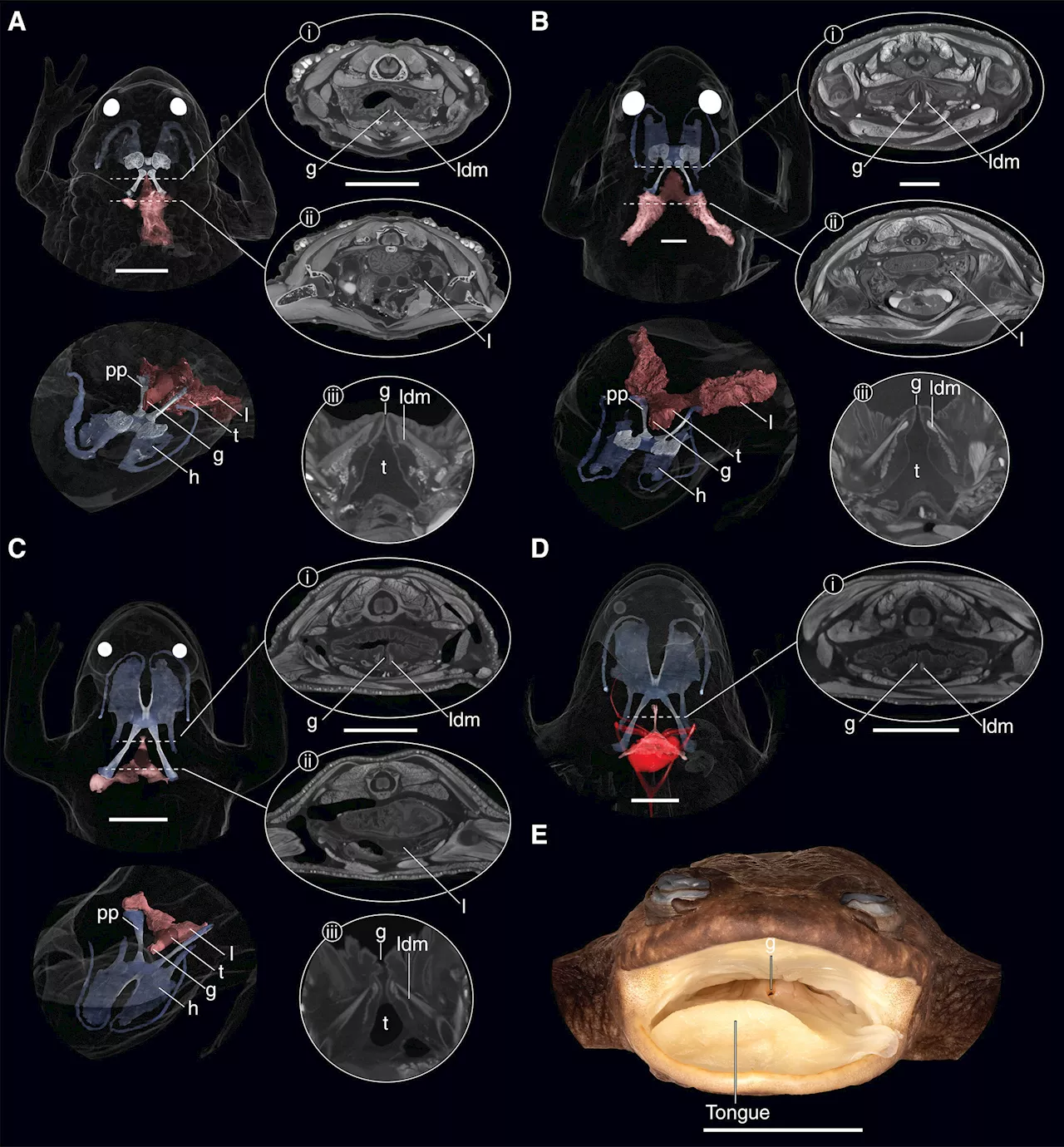An evolutionary biologist reports evidence of repeatable evolution in populations of stick insects.
On repeat: Biologists observe recurring evolutionary changes, over time, in stick insects." ScienceDaily. ScienceDaily, 24 May 2024. <www.sciencedaily.com
Relationship patterns among flightless stick insects suggest that birds disperse the eggs after eating gravid females. Lab experiments previously suggested the possibility, but a new genetic analysis ... Stick insects that reproduce asexually cannot adapt as quickly in the course of evolution as sexually reproducing species, leading to a decrease in biological diversity, according to new ...
Stick and leaf insects are a strikingly bizarre group of insects with a worldwide distribution. They are famous for their impressively large body size and their remarkable ability to camouflage ... An evolutionary biologist has spent more than three decades studying the skulls of many species of large carnivores -- including wolves, lions and tigers -- that lived from 50,000 years ago to the ...Researchers Discover Hidden Step in Dinosaur Feather Evolution
Nature Biology Ecology Weather Earth Science Evolution Charles Darwin Human Evolution
United Kingdom Latest News, United Kingdom Headlines
Similar News:You can also read news stories similar to this one that we have collected from other news sources.
 On repeat: Biologists observe recurring evolutionary changes, over time, in stick insectsA long-standing debate among evolutionary scientists goes something like this: Does evolution happen in a predictable pattern or does it depend on chance events and contingency? That is, if you could turn back the clock, as celebrated scientist Stephen Jay Gould (1941–2002) described in his famous metaphor, 'Replaying the Tape of Life,' would life...
On repeat: Biologists observe recurring evolutionary changes, over time, in stick insectsA long-standing debate among evolutionary scientists goes something like this: Does evolution happen in a predictable pattern or does it depend on chance events and contingency? That is, if you could turn back the clock, as celebrated scientist Stephen Jay Gould (1941–2002) described in his famous metaphor, 'Replaying the Tape of Life,' would life...
Read more »
 Biologists show the only 'lungless' frog species does indeed have lungsA trio of marine biologists at the University of Florida's Florida Museum of Natural History has found that the frog species Barbourula kalimantanensis, previously thought to be the only species of frog without lungs, does indeed have them.
Biologists show the only 'lungless' frog species does indeed have lungsA trio of marine biologists at the University of Florida's Florida Museum of Natural History has found that the frog species Barbourula kalimantanensis, previously thought to be the only species of frog without lungs, does indeed have them.
Read more »
 Biologists discover caterpillars are able to sense electrostatic fields generated by predatorsSam England and Daniel Robert, biologists at the University of Bristol, report that at least three types of caterpillars are capable of sensing and responding to an electrostatic field generated by a predator.
Biologists discover caterpillars are able to sense electrostatic fields generated by predatorsSam England and Daniel Robert, biologists at the University of Bristol, report that at least three types of caterpillars are capable of sensing and responding to an electrostatic field generated by a predator.
Read more »
 Biologists study trade-offs of microscopic predatorsThe drama of predators vs. prey—hunting, stalking, fleeing—isn't limited to the animal kingdom. Underneath our feet, hungry amoebae in the soil pursue and eat bacteria in a microscopic wild kingdom. But being a predator has its own costs, and that's as true for amoebae as it is for lions or wolves.
Biologists study trade-offs of microscopic predatorsThe drama of predators vs. prey—hunting, stalking, fleeing—isn't limited to the animal kingdom. Underneath our feet, hungry amoebae in the soil pursue and eat bacteria in a microscopic wild kingdom. But being a predator has its own costs, and that's as true for amoebae as it is for lions or wolves.
Read more »
 Geologists, biologists unearth the atomic fingerprints of cancerScientists at the University of Colorado Boulder and Princeton University have, for the first time, employed a tool often used in geology to detect the atomic fingerprints of cancer.
Geologists, biologists unearth the atomic fingerprints of cancerScientists at the University of Colorado Boulder and Princeton University have, for the first time, employed a tool often used in geology to detect the atomic fingerprints of cancer.
Read more »
 Geologists, biologists unearth the atomic fingerprints of cancerEarth scientists have long turned to minute differences in hydrogen atoms to explore the ancient history of our planet. A new study suggests that these same tiny atoms might also lead to new ways to track the growth of cancer.
Geologists, biologists unearth the atomic fingerprints of cancerEarth scientists have long turned to minute differences in hydrogen atoms to explore the ancient history of our planet. A new study suggests that these same tiny atoms might also lead to new ways to track the growth of cancer.
Read more »
